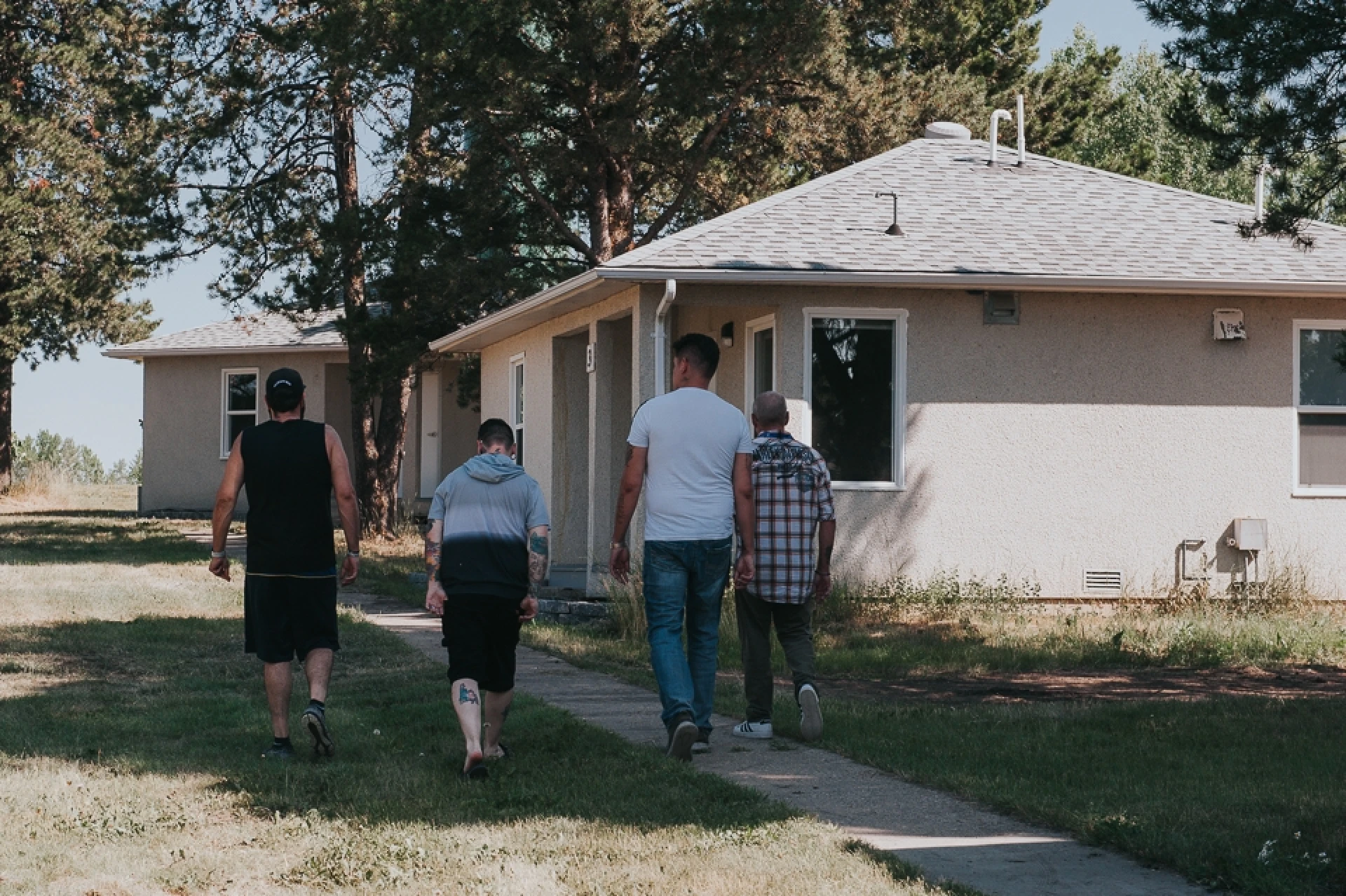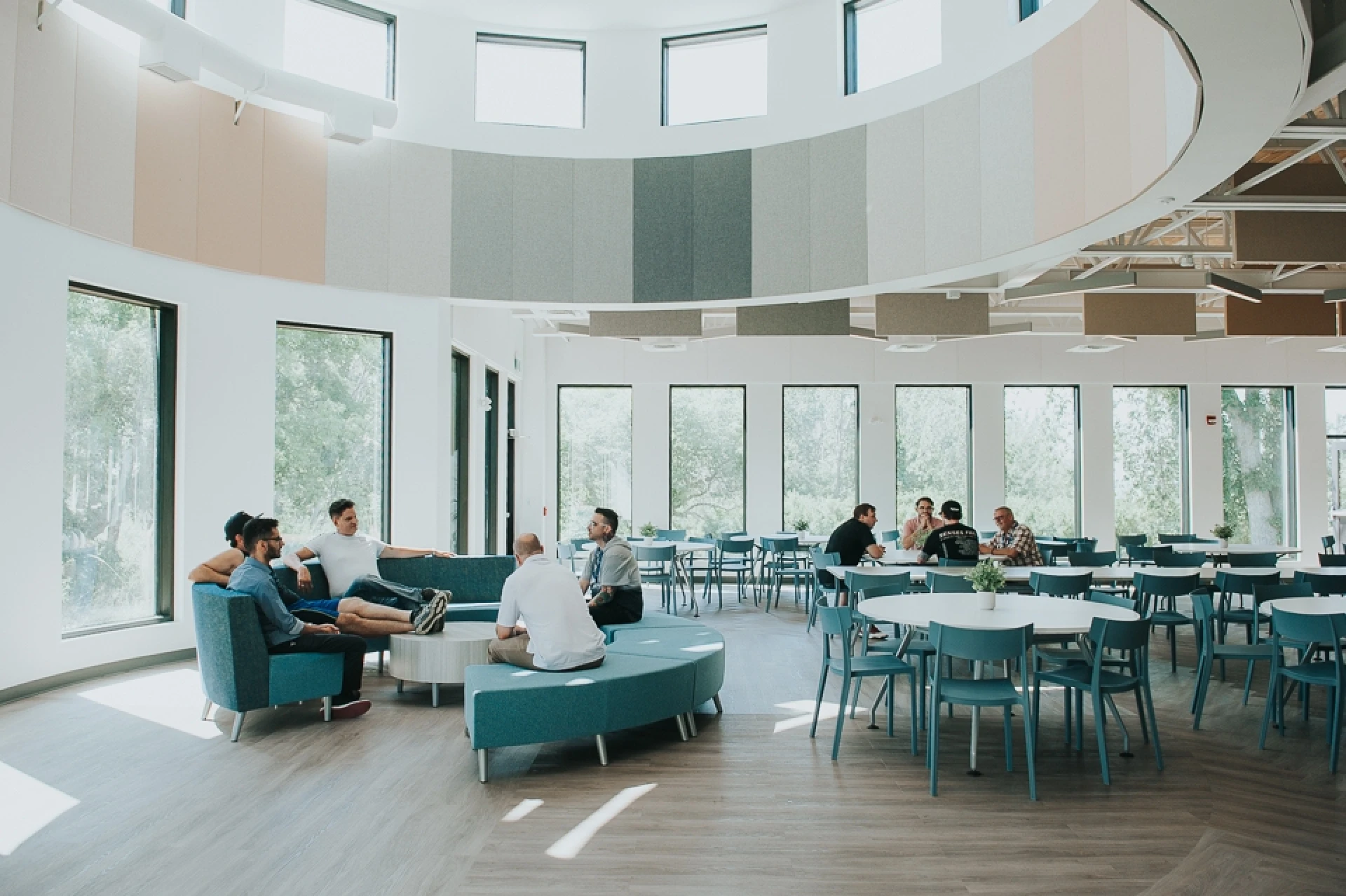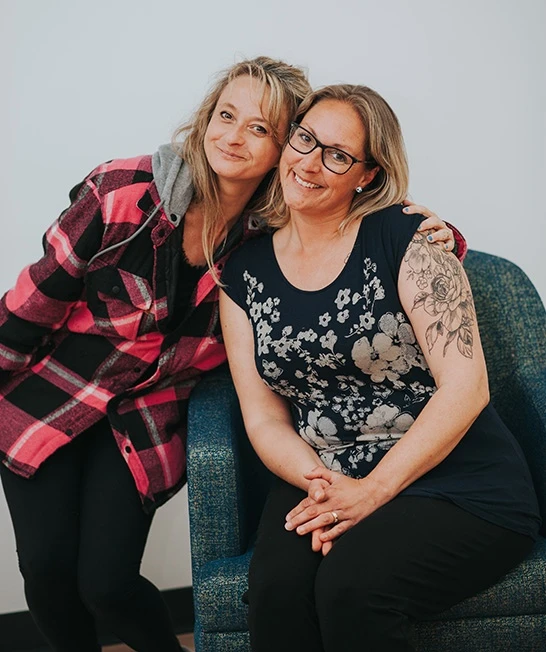
Recovery Community Model
Community as Method
Community has an essential role to play in mental health and wellbeing. At Lakeview, residents learn to support each other, hold each other accountable, and build and maintain healthy relationships.
Primary Treatment
We take a whole person approach which ensures we support individuals with behavioural, emotional, physical, social and spiritual components. Integrating meaningful work into the recovery process helps residents develop a sense of purpose, build vocational skills, and practice responsibility and teamwork.

